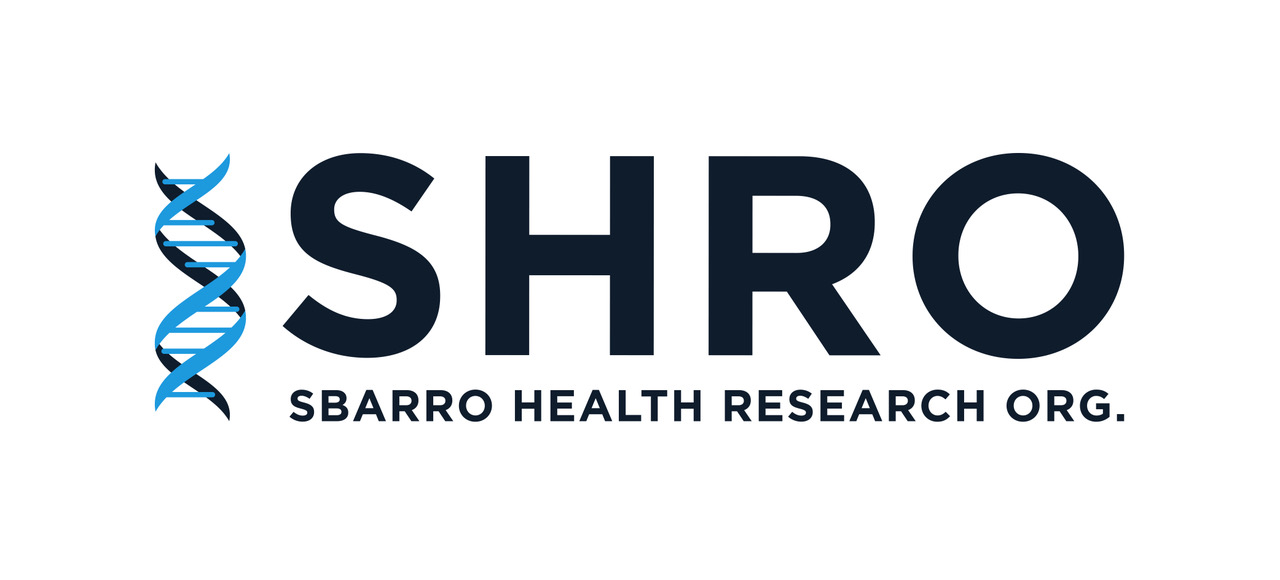Research Alert
Newswise — Pierluigi Scalia and coworkers at the Sbarro Institute for Cancer Research and Molecular Medicine at Temple University in Philadelphia, and the affiliated Italian research organization ISOPROG, have announced the regulatory map of the human EphB4 gene. In particular, Scalia, along with Dr. Stephen J Williams and professor Antonio Giordano, M.D., Ph.D., founder of the Sbarro Health Research Organization, has discovered that the regulatory part of the EphB4 gene, commonly referred as to the promoter, bears a unique set of regulatory DNA sequences which makes this gene responsive to a distinctive set of external stimuli and mediators, known as transcription factors. These newly discovered regulatory DNA sequences, although in different combinations, are shared by other genes involved in highly regulated biological processes such as embryonal development and cellular proliferation.
The results of this study entitled "Core elements cloning, cis-elements mapping and serum regulation of the Human EphB4 Promoter: A Novel TATA-Less Inr/MTE/ DPE-like Regulated Gene" has been published in the international journal Genes. According to Pierluigi Scalia, who is the main author of the study, these results provide a novel map that will be instrumental to understand how this human gene is activated during the tumorigenic process. Furthermore, Scalia explains, the study provides new actionable information on ways to modulate the expression of this tumorigenic-linked gene. This can be exerted using gene editing in the patient cancer cells opening the road to potential cancer gene therapy applications in those cancers where EphB4 is over-regulated or hyper-activated.
About the Sbarro Health Research Organization
The Sbarro Health Research Organization (SHRO) is non-profit charity committed to funding excellence in basic genetic research to cure and diagnose cancer, cardiovascular diseases, diabetes and other chronic illnesses and to foster the training of young doctors in a spirit of professionalism and humanism. To learn more about the SHRO please visit www.shro.org
